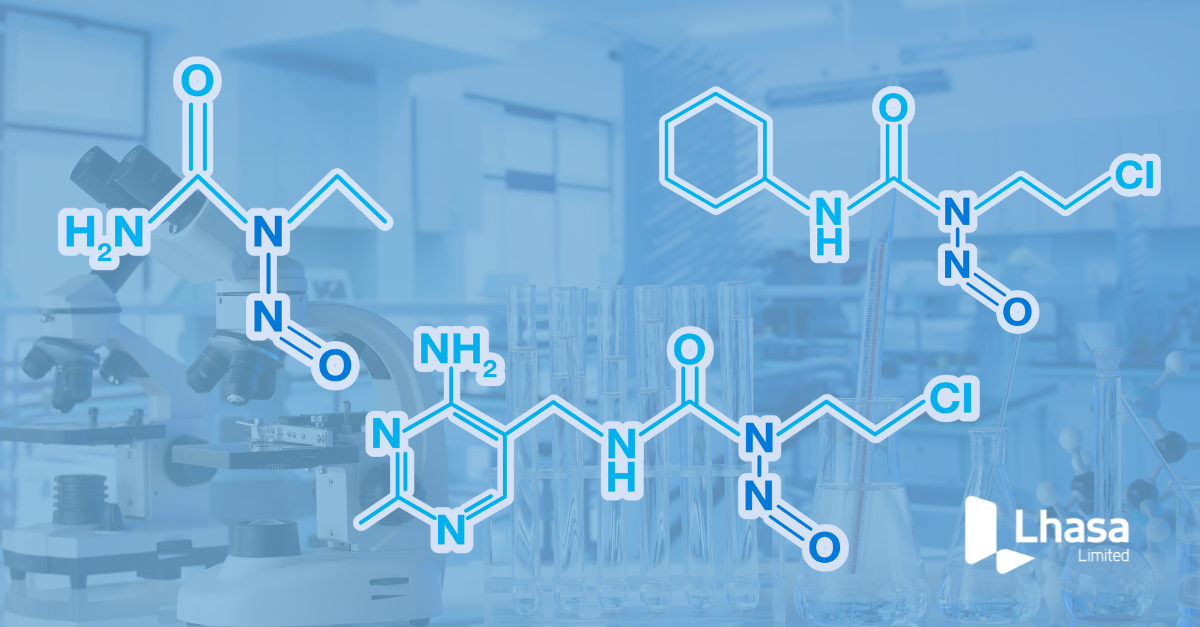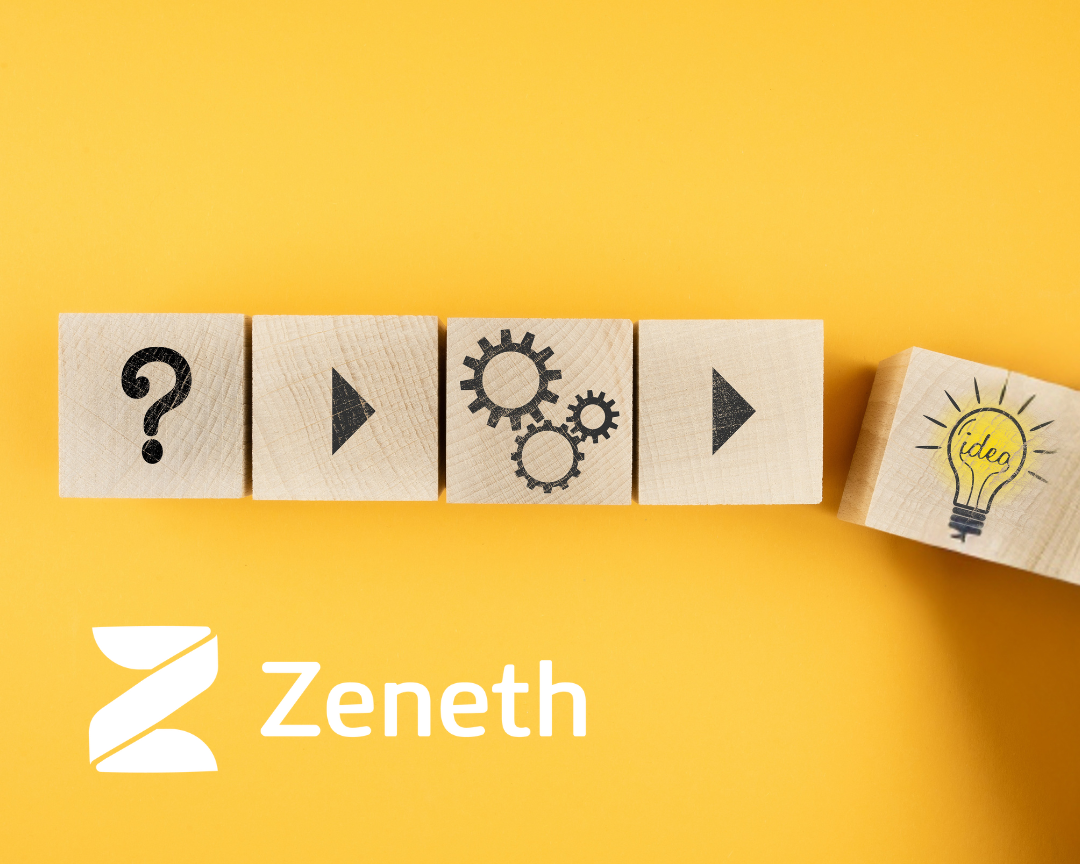Data sharing initiatives allow researchers and scientists to share data and knowledge in order to improve and accelerate scientific progress and discovery. These initiatives are therefore at the heart of our Lhasa Limited ethos “Shared knowledge, shared progress“.
In response to the nitrosamine crisis, we partnered with the pharmaceutical industry to launch a data sharing initiative which enables pre-competitive data sharing of genotoxicity data on structurally complex (e.g. API-like) nitrosamines.
The Complex Nitrosamines Data Sharing Initiative allows consortium members to use mutagenicity studies from the shared database to further understand the risks associated with their potential nitrosamine impurities. Thanks to our data sharing initiative members, the latest data release incorporated a breadth of nitrosamines structures, of which over 80% are structurally complex, and for these compounds no data is currently available in the public domain.
Graham Smith, Oncology Chemical Toxicology Lead at AstraZeneca (Cambridge, UK) shared his thoughts on what it is like to be a member of the growing consortium:
“I really value the expertise and diversity of thought from having different members of the consortium sharing their perspective. It helps build, and even change my opinion for the better.”
Graham explains how the consortium helps his work, “Being in the consortium lets you see much more of the emerging nitrosamine drug substance related impurities (NDSRIs) mutagenicity data than you could reasonably generate alone, and therefore helps you build a better picture of emerging trends with NDSRI mutagenicity data.”
He emphasises that “At this time with NDSRIs, in contrast to other chemical classes like anilines, there is insufficient data shared publicly to reasonably make models or read-across predictions on novel substances, and so sharing and using the larger volume of shared data makes absolute sense to obtain a clearer picture more quickly.”
If you are interested in joining this Lhasa consortium, please get in touch.
Last Updated on November 20, 2024 by lhasalimited



